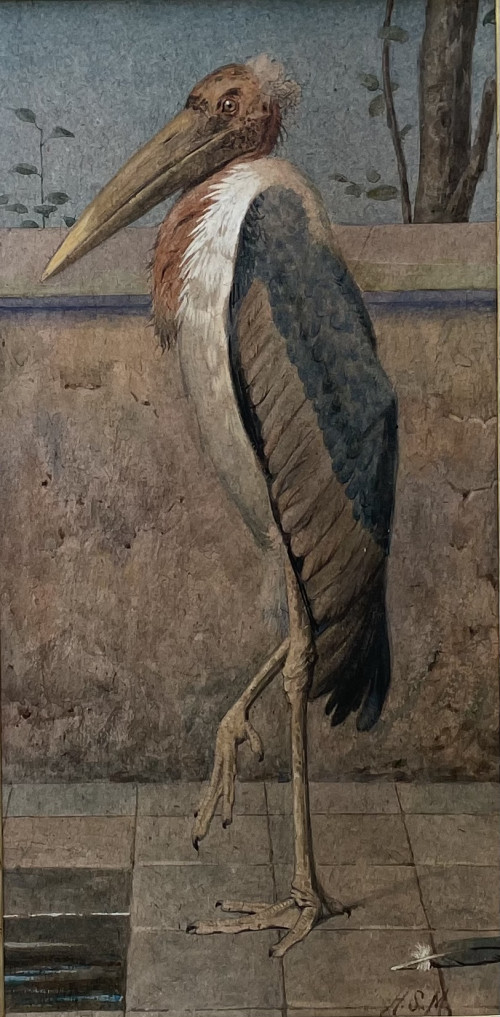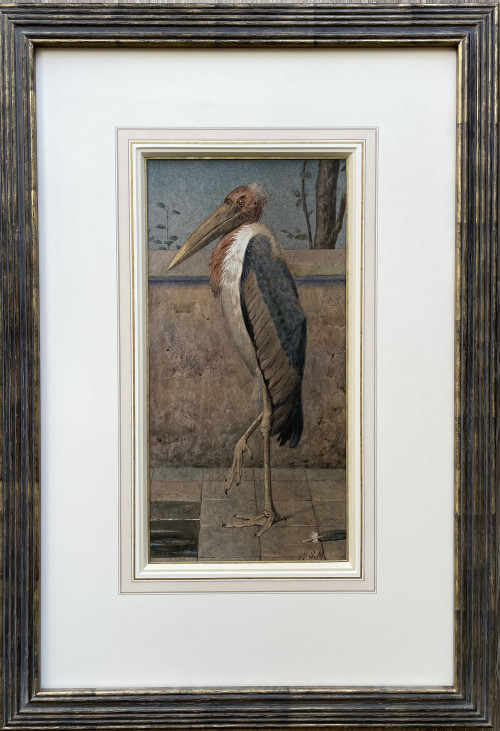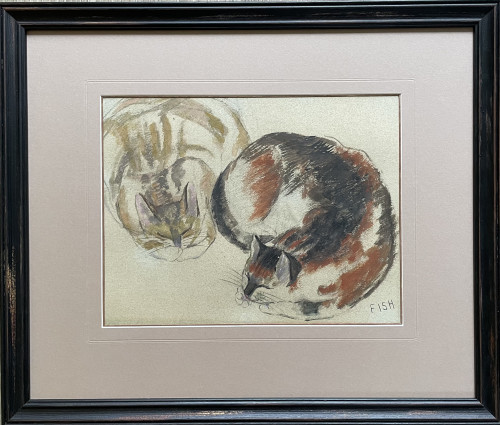- HOME
-
- View All Items
- New Arrivals
- Featured Items
- Artists
-
- View All
- Contemporary
- Birmingham School
- Cotswold Group
- Landscape
- Urban Townscape
- Abstract
- Animals/Birds
- Arts & Crafts
- British Impressionist
- Botanical
- Design/Industrial
- Fantasy/Fairy Subjects
- Female Artists
- Figurative
- Historical
- Illustration/Cartoon
- Marine
- Military/War Artist
- Modern British
- Pre-raphaelite/ Romantic/ Aesthetic
- Nude
- Portrait
- Prints
- Scottish
- Sculpture
- Sporting
- Still Life
- Theatrical
- Interiors/Architectural
-
ARCHIVE
Genre
- View All
- Contemporary
- Birmingham School
- Cotswold Group
- Landscape
- Urban Townscape
- Abstract
- Animals/Birds
- Arts & Crafts
- British Impressionist
- Botanical
- Design/Industrial
- Fantasy/Fairy Subjects
- Female Artists
- Figurative
- Historical
- Illustration/Cartoon
- Marine
- Military/War Artist
- Modern British
- Pre-raphaelite/ Romantic/ Aesthetic
- Nude
- Portrait
- Prints
- Scottish
- Sculpture
- Sporting
- Still Life
- Theatrical
- Interiors/Architectural
- ARTISTS
- Online Exhibitions
- Events
- About
- Contact
- Home
- Genre
- Animals/Birds
- Watching and Waiting
Watching and Waiting
Watching and Waiting
Henry Stacy Marks initially studied with Picot in Paris and enrolled at the Royal Academy Schools in about 1851. He first exhibited at the Royal Academy in 1853 and would continue to exhibited there as well as at the Grosvenor Gallery, Old Watercolour Society, Suffolk Street and elsewhere. When his father’s coach building business failed, Henry had to support his mother, his three younger brothers and, from 1856, his new wife, Helen Drysdale. He did this by supplementing his income from painting by carrying out decorative work for various patrons. These included the Minton works, for the stained glass makers Clayton and Bell, by designed a frieze for the outside wall of the Royal Albert Hall, and for the house of the artist Lawrence Alma-Tadema. Marks’ most important patron was Hugh Grosvenor, 1st Duke of Westminster and he worked on decoration for the duke’s house, Eaton Hall, Cheshire, between 1874 and 1880. For this house he painted two enormous canvasses of Chaucer’s pilgrims and twelve panels of birds. Marks lived in north London and became a member of the St John’s Wood Clique. This informal brotherhood of like-minded friends included Philip Hermogenes Calderon, George Dunlop Leslie, George Adolphus Storey, John Evans Hodgson, William Frederick Yeames and David Wilkie Wynfield. Known for their love of amateur dramatics and practical jokes their jovial company frequently extended to include many other artists of the day. The core of the group held weekly meetings at their homes, to draw together, discuss art, gossip and to generally exchange ideas. They often spent summers together, either staying in one another’s country houses, in the homes of their friends or occasionally renting properties. Marks was a notorious practical joker. Most of his genre was either literary, especially Shakespearean, or historical and often humourous. As his career progressed he became increasingly interested in painting animals and birds.
Dimensions:
Thank you for your enquiry.
We will get back to you soon.
Please create wishlist to add this item to
RELATED ITEMS




















